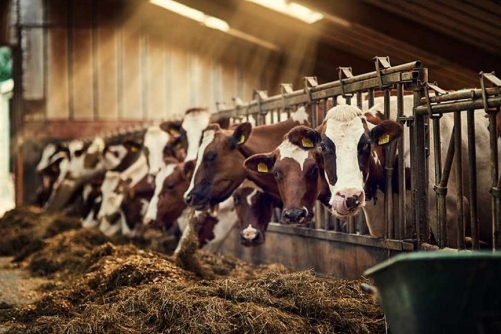Infectious diseases: Over 10,000 animals vaccinated in six months, says top official
TDT | Manama
The Daily Tribune – www.newsofbahrain.com
More than 10,000 animals have received preventive vaccinations against infectious diseases in the first six months of this year, said a top official.
Dr. Khaled Ahmed Hassan, the Undersecretary of Agriculture and Marine Resources Affairs, said that the exact count of vaccinated animals stands at 10,353, covering diseases such as foot-and-mouth disease, bronchitis, and rhinitis.
Providing a breakdown of the numbers, Dr. Hassan stated that 3,879 cows, along with 2,914 sheep and goats, were vaccinated against foot-and-mouth disease through 126 farm visits. Additionally, 852 cows received vaccines for bronchitis and rhinitis during 47 farm visits.
The doctor emphasised that the ministry offers free periodic vaccination services to all livestock breeders while ensuring their adherence to animal safety and welfare. The vaccines used are sourced from internationally accredited companies and underwent testing in local and regional laboratories to meet quality standards.
He said the authority is actively engaged in an ongoing immunisation campaign to combat diseases and conducts precautionary checks for animals on farms. In cases of suspected symptoms, appropriate measures are taken in collaboration with private clinics.
Stop excessive use of antibiotics
Dr. Fajr Al-Salloum, the Director of the Animal Health Department, highlighted the importance of adhering to periodic immunisation programmes to protect animals from epidemic diseases, thereby reducing the need for antibiotics, which has become a global concern.
International organisations are actively seeking solutions to curb the indiscriminate or excessive use of antibiotics. Dr. Al-Salloum further explained that antimicrobial resistance poses a threat to the health and welfare of animals, as resistant bacteria can spread between humans, animals, and the environment.
"Therefore, it is a global concern for both human and animal health." The doctor said that the immunisation programmes aim to eliminate endemic and imported epidemic diseases, protect livestock from imported diseases, and safeguard society from common diseases of animal origin.
Related Posts

